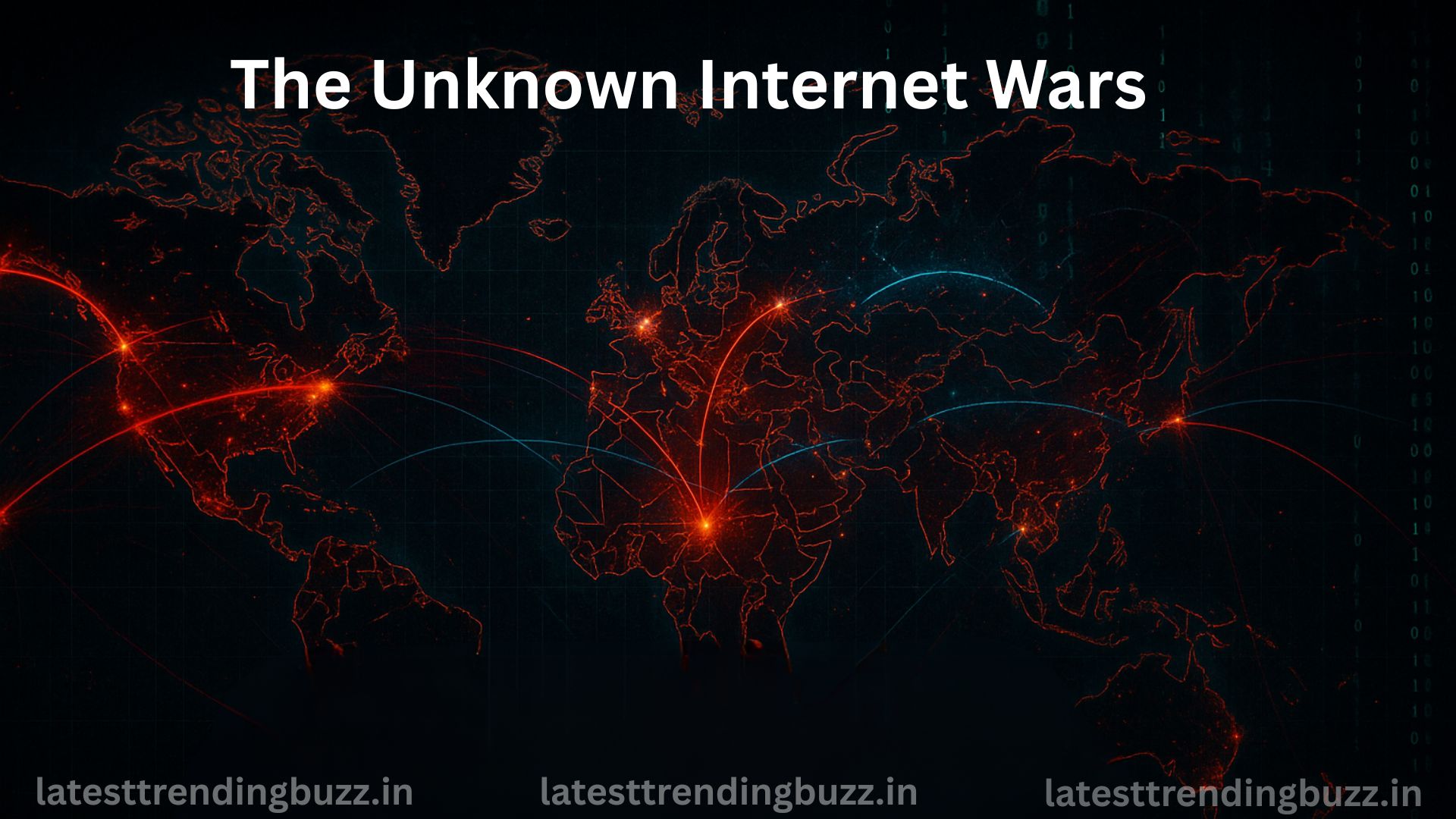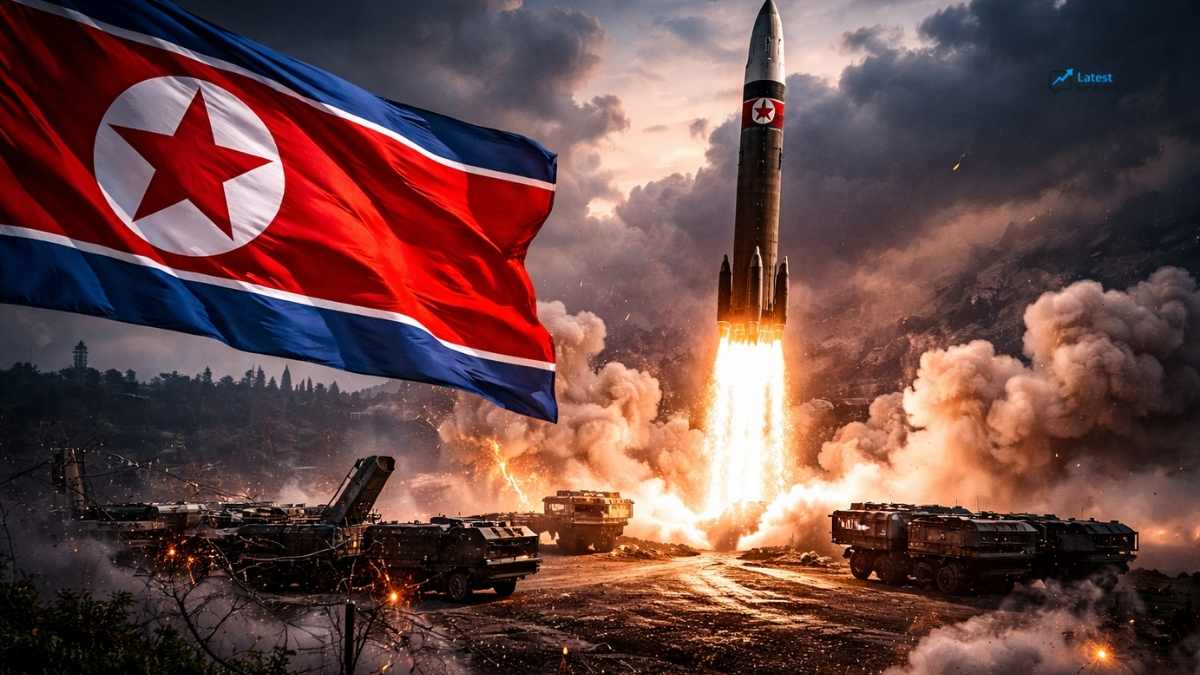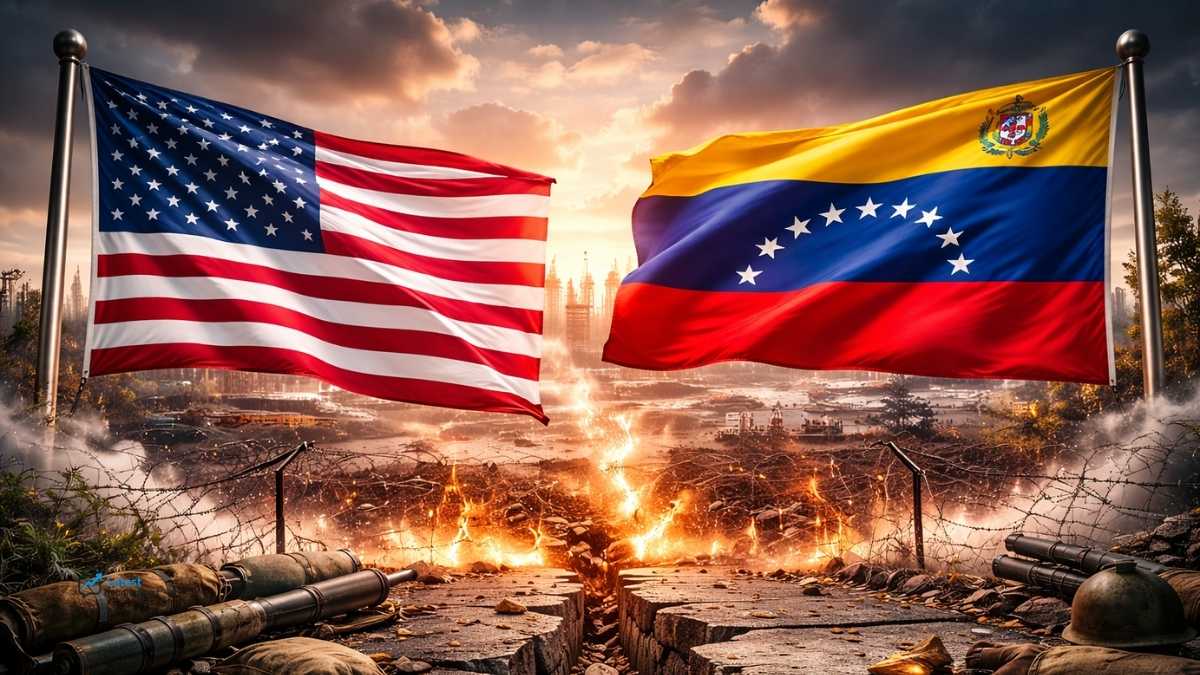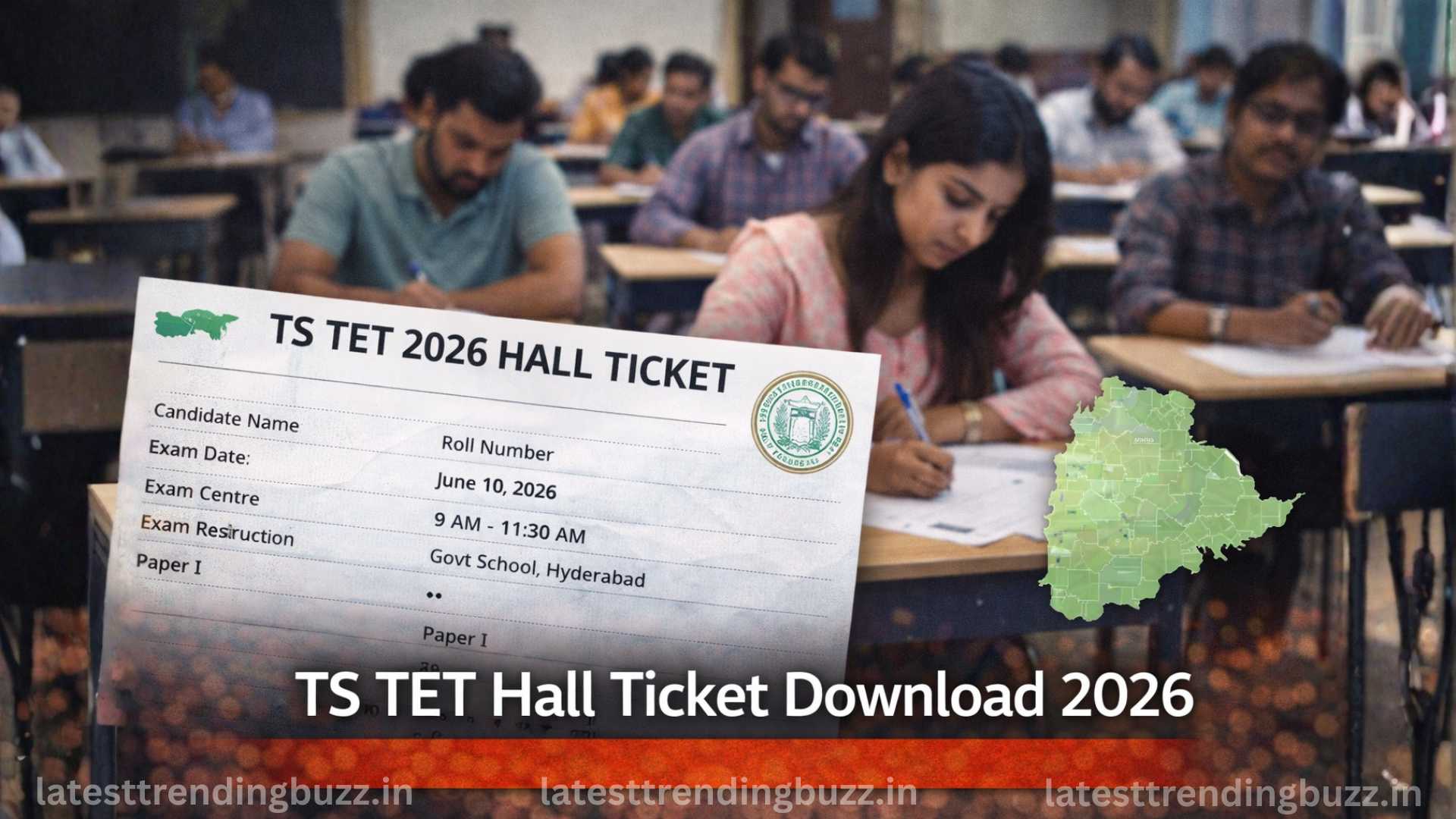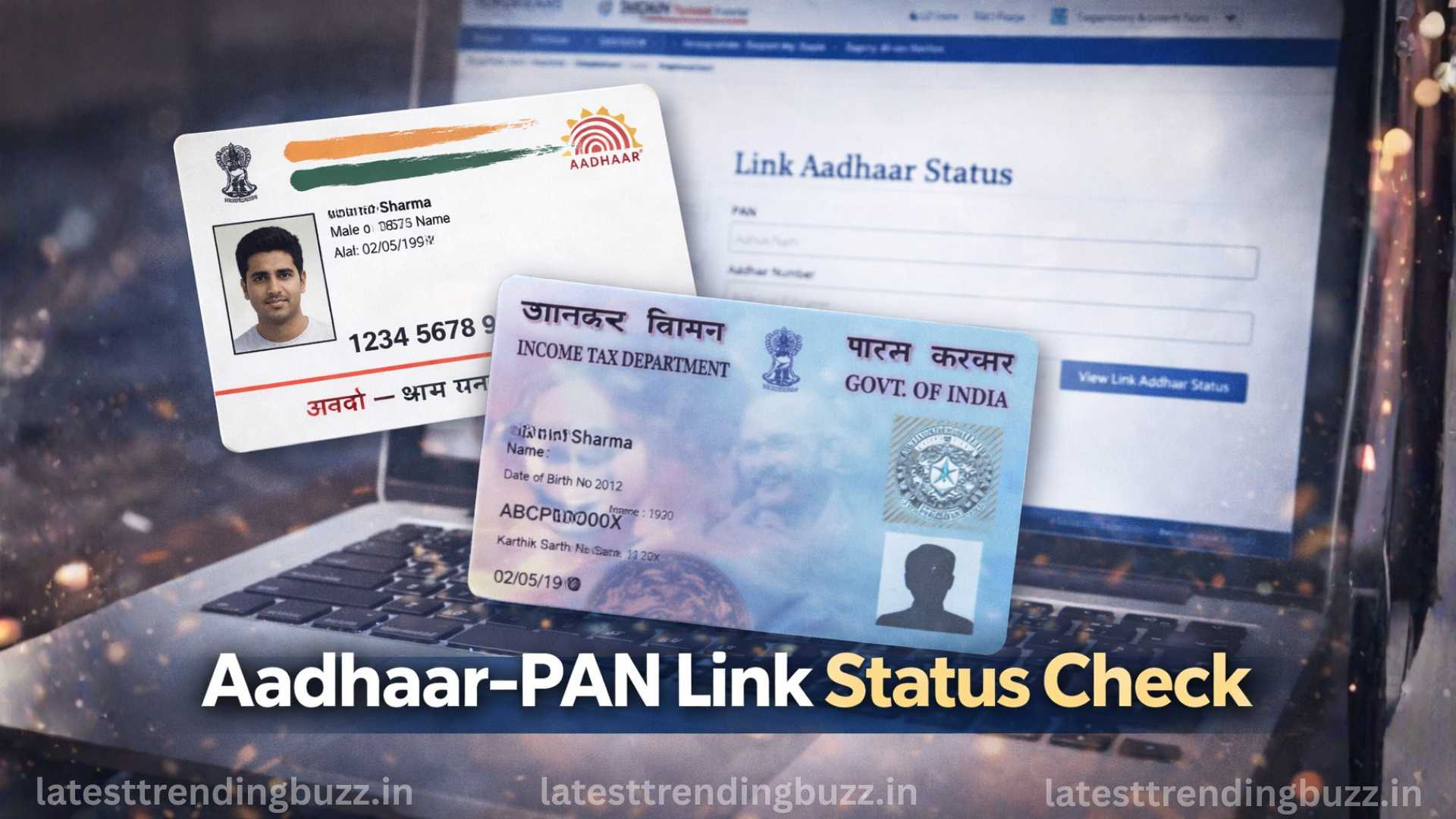The world has been at war for years — you just don’t see it.
There are no tanks, soldiers, or missiles. Instead, there are silent lines of code, invisible attacks, and AI systems battling across servers and data centers worldwide.
Welcome to The Unknown Internet Wars, a hidden battleground where nations attack, defend, and spy without leaving a trace.
Every day, hundreds of thousands of cyber assaults take place — crippling power grids, stealing data, or infiltrating communication systems — all without a single gunshot.
These are wars fought in the shadows, where hackers are soldiers, data is ammunition, and algorithms are weapons.
What Are “The Unknown Internet Wars”?
The Unknown Internet Wars refer to the ongoing global conflict in cyberspace — a series of covert digital battles waged by governments, corporations, and intelligence agencies.
Unlike traditional warfare, cyber wars are invisible to the public.
They happen through:
- Data breaches and ransomware attacks
- Hacking critical infrastructure
- AI-driven espionage
- Misinformation campaigns
- Attacks on satellites, defense systems, and elections
Every country is both a participant and a target in The Unknown Internet Wars.
The Hidden Battlefield of the 21st Century
Today, power isn’t measured in missiles but in data dominance.
In The Unknown Internet Wars, the battlefield exists across data centers, fiber optic cables, and global cloud servers.
Governments quietly hire elite cyber forces — digital soldiers who can take down entire power grids or spy on foreign ministers.
Some examples include:
- Stuxnet (2010): A joint U.S.-Israel cyberattack that crippled Iran’s nuclear program.
- SolarWinds Breach (2020): Russian hackers infiltrated U.S. government networks for months.
- Pegasus Spyware (2021): Used to secretly monitor politicians and journalists worldwide.
Each of these operations marks a chapter in The Unknown Internet Wars, fought with silence, secrecy, and code.
Also Read : The Next Internet Revolution: When Your DNA Becomes Your Password
How Cyber Nations Fight Without Guns
In The Unknown Internet Wars, digital strategy has replaced military strategy.
Here’s how cyber nations battle daily:
1. Digital Espionage
Spying no longer requires agents or cameras.
AI systems now infiltrate classified databases and intercept communications.
A country can know another’s defense plans before they’re even approved.
2. Infrastructure Attacks
Electric grids, oil pipelines, and hospital systems are prime targets.
A single hack can paralyze entire regions.
In 2021, the Colonial Pipeline attack in the U.S. caused widespread fuel shortages — one small glimpse into The Unknown Internet Wars.
3. AI Weapons & Automated Hackers
Nations now deploy self-learning malware that adapts to defenses.
It’s like releasing a living digital organism that mutates and attacks autonomously — the newest weapon of The Unknown Internet Wars.
4. Information Manipulation
From fake news to deepfakes, information is a modern weapon.
Governments use AI to shape global opinion — an invisible war for minds and influence.
The Silent Soldiers: Nation-State Hackers
These hackers are not lone criminals — they are state-sponsored cyber warriors.
They operate from secure government facilities, targeting rivals under official orders.
Top Cyber Powers in The Unknown Internet Wars:
- 🇺🇸 United States – Advanced cyber weapons and the NSA’s elite hacking unit.
- 🇷🇺 Russia – Disinformation masters and election interference experts.
- 🇨🇳 China – Focused on intellectual property theft and AI-driven espionage.
- 🇮🇳 India – Rising digital defense force and key player in Asia’s cyber arena.
- 🇮🇱 Israel – Pioneers of cyber sabotage and surveillance technology.
Each nation has its own secret cyber command centers — the real “digital armies” of the 21st century.
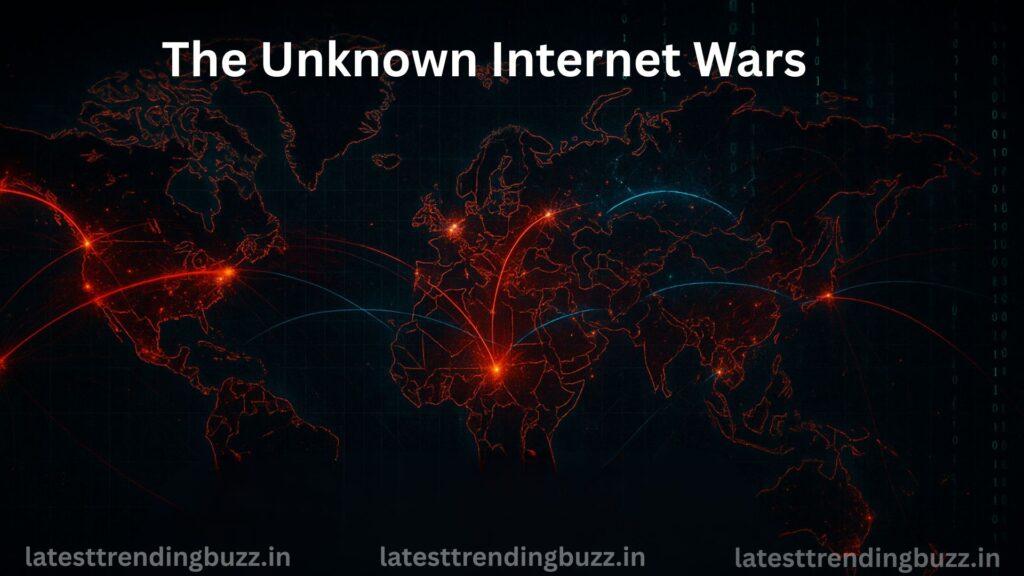
Inside the Arsenal of Cyber Warfare
Weapons in The Unknown Internet Wars don’t explode — they infiltrate.
Here are the most dangerous tools used in these secret battles:
| Weapon Type | Function |
|---|---|
| Malware & Ransomware | Disables or controls target systems |
| Zero-Day Exploits | Attacks vulnerabilities unknown to developers |
| Botnets | Millions of hijacked computers used for large-scale attacks |
| Phishing AI | Machine-generated fake communications for espionage |
| Quantum Decryption | Breaking encryption faster than any supercomputer |
These tools can crash stock markets, disrupt air traffic, or even manipulate social narratives — all part of The Unknown Internet Wars.
India’s Place in The Unknown Internet Wars
India is emerging as a cyber superpower.
With a rapidly expanding digital ecosystem, it is both a target and a defender in The Unknown Internet Wars.
Key Developments:
- Defense Cyber Agency (DCA): India’s official cyber warfare command under the Ministry of Defence.
- CERT-In: The Computer Emergency Response Team that counters digital attacks nationwide.
- AI Integration: Indian forces are adopting predictive AI systems to identify attacks before they occur.
- Cyber Partnerships: Collaborations with Israel, the U.S., and Japan on cybersecurity frameworks.
India’s strategic cyber command ensures that its critical infrastructure — power, telecom, finance — is protected from invisible enemies.
Also Read: The Future of Privacy in India: When Everyone’s Being Watched — Can Privacy Still Exist?
Real Attacks That Changed the World
| Year | Operation | Impact |
|---|---|---|
| 2007 | Estonia Cyber Assault | Crippled government systems and banks |
| 2010 | Stuxnet Virus | Damaged Iran’s nuclear centrifuges |
| 2017 | WannaCry Ransomware | Hit 230,000 computers across 150 countries |
| 2020 | SolarWinds Hack | Breached U.S. federal agencies and major companies |
| 2022 | Ukraine DDoS Attacks | Paralyzed government communication during invasion |
Each incident reveals how The Unknown Internet Wars are reshaping geopolitics — without a single bomb.
The Future of The Unknown Internet Wars
The next phase of The Unknown Internet Wars won’t be fought with humans at all — it’ll be fought by AI against AI.
Imagine autonomous cyber agents that defend or attack in milliseconds — faster than any human can react.
Quantum computers will soon be able to break all existing encryption, making today’s “secure systems” completely vulnerable.
Future wars will be invisible, instant, and possibly unstoppable.
Why You Should Care About The Unknown Internet Wars
Because it affects everything you do.
From your digital privacy to national security, The Unknown Internet Wars touch every citizen indirectly.
Every online service you use could be part of a larger battlefield — every app, network, or cloud server could become a front line in an invisible global war.
Even your smart home or smartphone might be a silent pawn in the game.
The Ethics of Cyber Conflict
Should nations have digital weapons that can destroy without accountability?
Should AI decide what constitutes an attack?
As The Unknown Internet Wars escalate, international law struggles to keep up.
Unlike nuclear treaties, there are no binding global rules for cyber warfare — meaning any nation can strike, anytime, anywhere.
Cyber peace is still an illusion.
The Way Forward: Building a Safer Cyberspace
To survive The Unknown Internet Wars, nations and individuals must adapt:
- Strengthen Cyber Defense Systems – Invest in AI-driven early detection.
- Build Digital Alliances – Countries must collaborate to stop global attacks.
- Educate Citizens – Awareness is the first line of defense.
- Develop Ethical Cyber Laws – Balance offense with accountability.
- Adopt Quantum-Safe Encryption – Prepare for the next generation of cyber threats.
The only way to win a silent war is to stay one step ahead — quietly.
Conclusion: A War Without End
The Unknown Internet Wars represent humanity’s most complex and invisible conflict.
No medals, no parades — just silent victories and quiet disasters.
The digital world we rely on every day is a war zone of code and counter-code, of hidden attacks and untraceable defenses.
As we connect more devices and entrust more power to AI, The Unknown Internet Wars will only deepen.
The question isn’t if you’ll be affected — it’s when.
The future of warfare isn’t physical. It’s already online — hidden in every click, every byte, every algorithm.
FAQs
1. What are The Unknown Internet Wars?
They are ongoing cyber conflicts between nations, fought using digital weapons, espionage, and AI systems.
2. Are these wars happening right now?
Yes. Governments attack and defend against each other daily — mostly without public awareness.
3. How do these wars impact everyday users?
Cyber conflicts can lead to data breaches, power outages, and digital surveillance that affect ordinary citizens.
4. Who are the main players?
The U.S., China, Russia, Israel, and India are leading participants in The Unknown Internet Wars.
5. Can these wars be stopped?
Only through global cooperation, ethical cyber treaties, and advanced defense technologies.
Disclaimer
This article is for educational and analytical purposes.
Insights about The Unknown Internet Wars are based on global cybersecurity reports and real-world incidents up to 2025.

